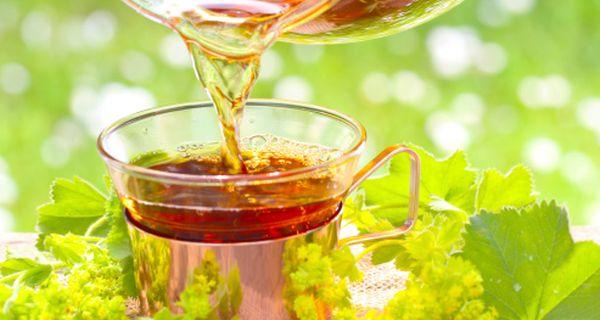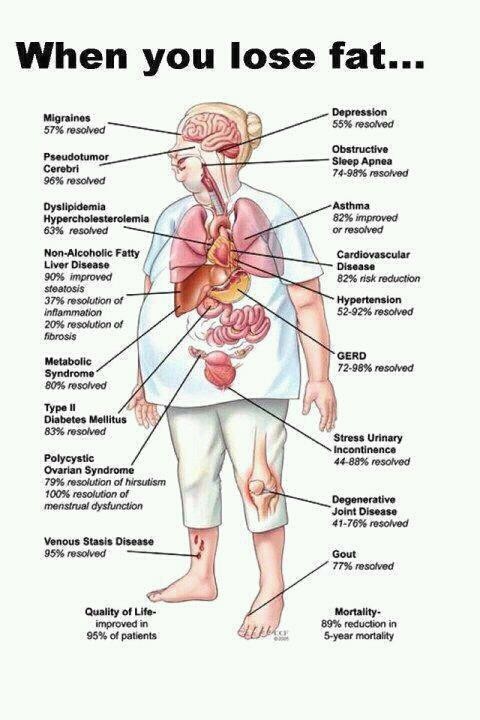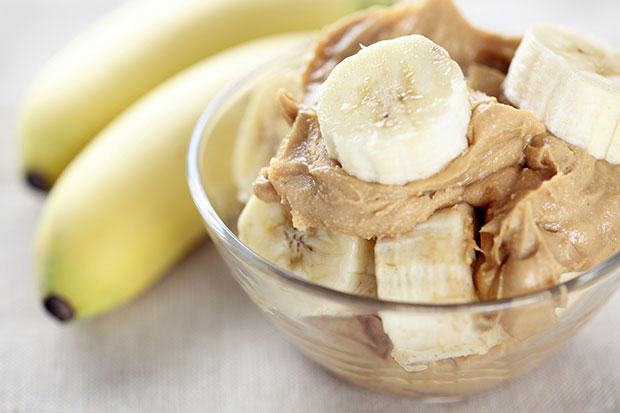Drinking tea with or after meals — good or bad?

Drinking tea with meals is a controversial topic. There are several studies that report drinking tea is good for digestive health but some state that caffeine in tea hinders absorption of various nutrients. Let’s see find out if it affects our health.
Role of tea in digestive health Several studies have proven that drinking tea during or after meals aids digestion by relieving stomach gas and flatulence [1]. But it should be kept in mind that not all types of tea exert beneficial effects on digestion. Green tea and herbal teas like ginger tea are found to be the best bet in aiding the process of digestion as they contain high amounts of antioxidants and polyphenols. Here is how green tea helps keep heart diseases at bay.
Tea helps the digestive system to do its job more efficiently by stimulating the production of saliva, bile and gastric juice for better digestion. It also contains antioxidants that act as powerful anti-inflammatory agents that are found to reduce certain digestive complications. Green tea and herbal tea contain polyphenolic compounds namely catechins that increase the activity of the digestive enzyme, pepsin that helps in the breakdown of dietary proteins in the stomach. Here are 6 health benefits of drinking tea.
Why drinking tea with meals is not good? Some studies have shown that phenolic compounds present in tea interfere with the absorption of iron by forming iron-complexes in the intestinal lining of the stomach[4] . It is recommended that one should consume foods rich in iron and vitamin C if they wish to drink tea with meals to lower its effects on iron absorption. Hence, drinking tea with meals is not good for patients with iron-deficiency as tannins present in tea hinder the process of iron absorption in the body. It is also found that consuming tea during meals decreases the availability of catechins to the body — compounds that are present in tea and play a vital role in various physiological profiles [5] .
Hence, if you wish to drink tea with or after your meals, you can choose between green tea or ginger tea as they are found to aid digestion. And people suffering from iron-deficiency should restrict intake of tea during meals or consult their healthcare professional to prevent health complications. You may also like to read Green tea or Masala chai — which is healthier?
References:
- Siro I. Trevisanato et al – Tea and Health
- Green Tea – University of Maryland Medical Center
- Christiane J. Dufresne et al – A review of latest research findings on the health promotion properties of tea
- Rodney J. Green – Common tea formulations modulate in vitro digestive recovery of green tea catechins
- Inhibition of non-haem iron absorption in man by polyphenolic-containing beverages
For more articles on diet & fitness, visit our diet & fitness section.For daily free health tips, sign up for our newsletter.
-
How to Decide if P90X or Insanity Is Better for You
Beachbody’s multi-level series P90X and Insanity are both considered
-
6 Easy And Quick Tips For Successful Weight
Safe weight just what its name describes is safe. When we say it is s
-
Is Biggest Loser Wrong?
This will make you think, Is Biggest Loser Wrong? Almost everyon
-
The Diets That Are Proven To Make You GAIN Weight
If you want to drop pounds, you need to diet—or at least, thats what a
-
7 Reasons Your Walking Routine Isnt Helping You Lose Weight
Ignore the naysayers who argue that you can't lose weight walking.
-
12 Tips For Easy Quickly Weight Loss
Losing weight is not easy. You will never hear me say that it is. It
- DON'T MISS
- African Mango Does It Work To Achieve A Perfect Weight Loss?
- The Dark Side Of Weight Loss No One Talks About
- Bad Diet Pills
- Weight Loss Tips, Weight Loss Tips For Men, Weight Loss For Women
- Weight Loss Does Not Have To Be Difficult
- A New Health Report Ranks The Paleo Diet Dead Last—But Is It Really That Bad?var zeus = zeus
- Fat Loss
- Loving Spoonfuls
- How to Balance a Meal
- Quick And Easy Weight Loss Tips




